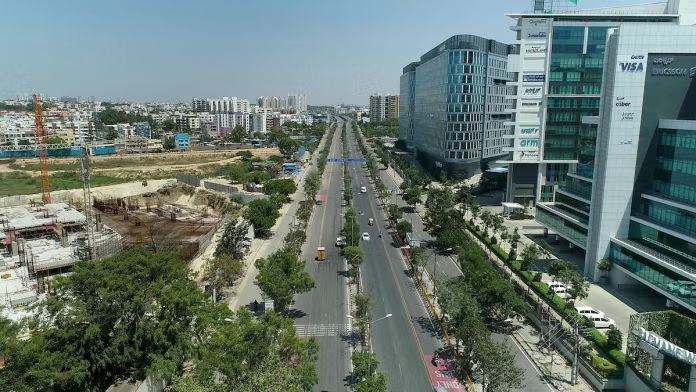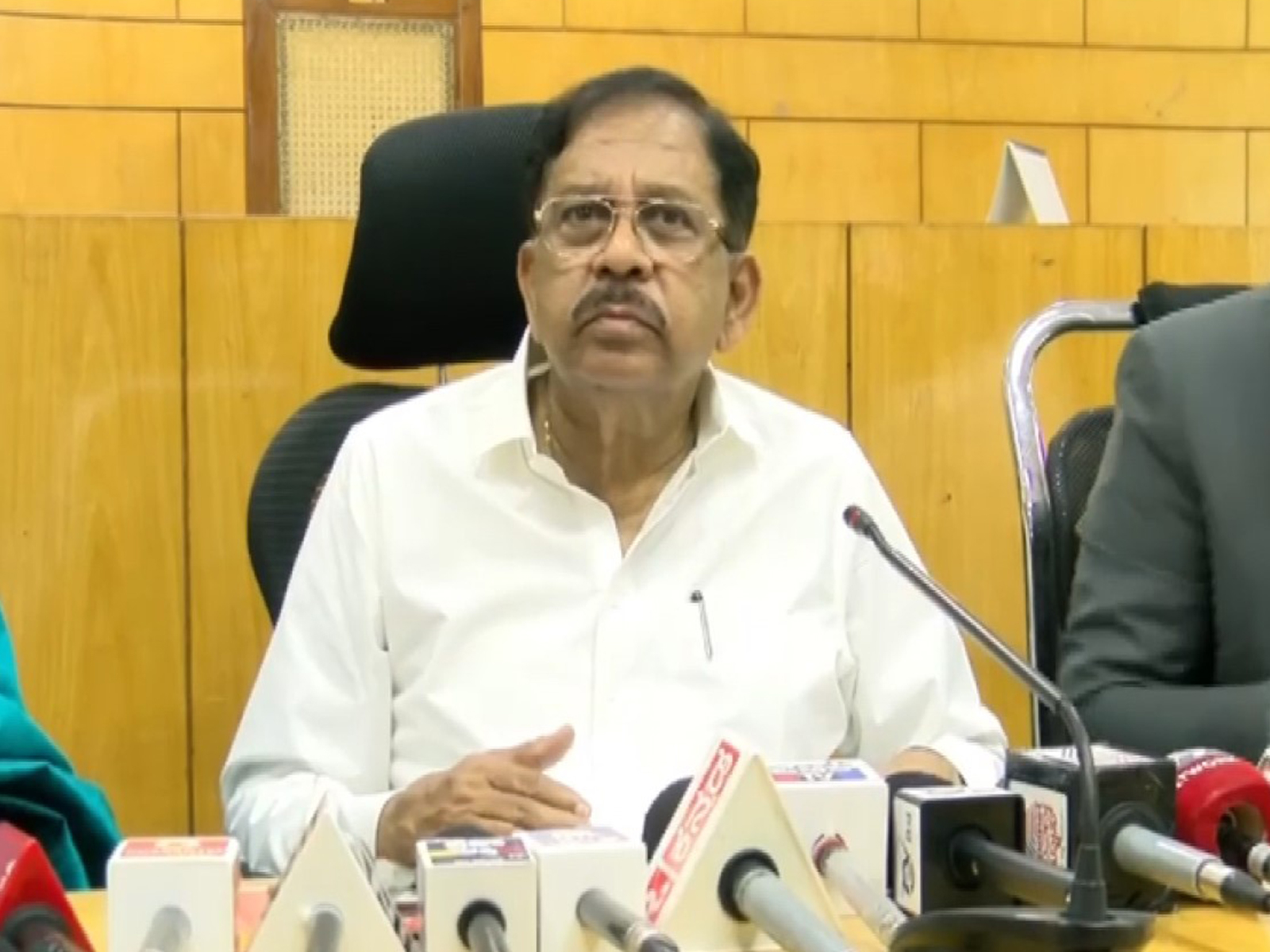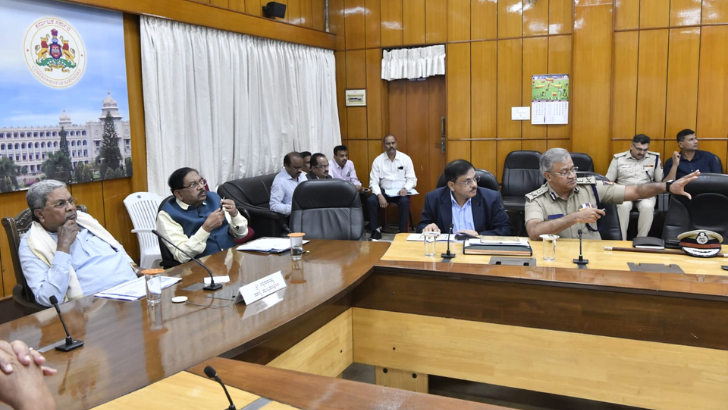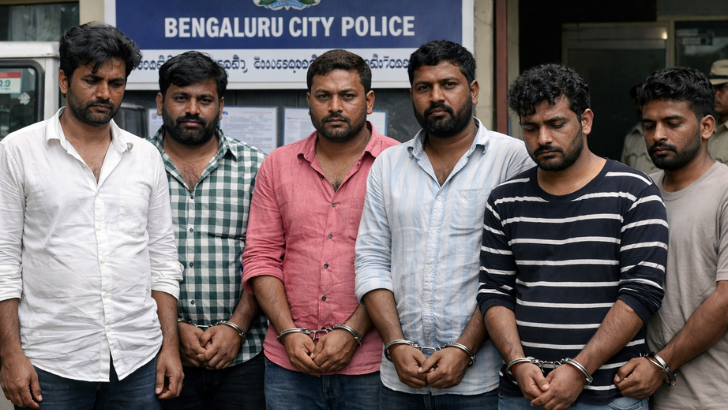Cholera concerns rise in water-stressed City
Cases reported are sporadic occurrences and not outbreak: Health Officials
Salar News
BENGALURU, 5 APRIL
Bengaluru is grappling with a potential health crisis as reports
of cholera cases emerge amid a City-wide water shortage and rising
temperatures. While officials maintain there's no confirmed outbreak, a recent
hospitalisation with suspected cholera and a confirmed case earlier in April
have sparked public concern.
On 30 March, a 27-year-old woman residing in a private paying
guest (PG) accommodation in Malleswaram experienced vomiting and sought
treatment at a private hospital. Health Department issued a clarification
regarding a media report on this suspected cholera case. The department said
the woman received treatment for vomiting but tested negative for cholera.
However, this incident highlights the vulnerability of crowded living spaces
with potential water contamination.
Bruhat Bengaluru Mahanagara Palike (BBMP) has directed the health
officials to conduct surveillance and supervision as a precautionary measure.
BBMP also told the health officials to form Assembly constituency/zone-level
rapid response teams to deal with any possible outbreak.
Experts warn that the current conditions are ripe for a cholera
outbreak. “Cholera is an acute diarrhoeal illness caused by contaminated water
or food,” said Dr Asha Benakappa, paediatric consultant of Dr Chandramma
Dayananda Sagar Institute of Medical Education and Research, Kanakapura. “The
ongoing water crisis in the City could be compromising hygiene standards,
especially at eateries that rely on external water sources. It can cause severe
diarrhoea and vomiting leading to dehydration.”
Department of Public Health Services, in their media release on 5
April, confirmed 21 cases of cholera registered across the City, with one case
registered in February and 20 cases being registered in March. Officials said
these are sporadic occurrences and not an outbreak. They cite the absence of a
significant increase in vomiting and diarrhoea cases compared to previous
years.
Despite the lack of a declared outbreak, the authorities are taking precautionary measures. Public health workers are disseminating information on preventing diarrhoea-like illnesses, particularly during the hot summer months. Hospitals are well-stocked with necessary medicines, Oral Rehydration Solution (ORS), and intravenous fluids.
Steps to protect yourself and your family:
Do's:
1. Wash hands frequently. Use soap and water for at least 20
seconds.
2. Drink safe water. Boil water for at least 1 minute or use a
reliable purifier.
3. Practice good sanitation. Keep your surroundings clean and
dispose of waste properly.
4. Cook food thoroughly. Ensure meats and seafood are cooked to
safe internal temperatures.
5. Wash fruits and vegetables. Clean all produce thoroughly before
consumption.
6. Seek immediate medical attention if you experience persistent
diarrhoea or vomiting.
Don't:
1. Avoid drinking water directly from taps, open wells or
untreated sources.
2. Eating raw or undercooked food. Especially avoid uncooked
seafood and street food with questionable hygiene.
3. Sharing utensils or towels; this can easily spread germs.
4. Ignoring hygiene practices.
5. Self-medication. Seek professional medical guidance if you
experience symptoms.
6. Panicking. While vigilance is important, remain calm and follow
the recommended precautions.
Leave a Reply
Your email address will not be published. Required fields are marked *













.png)
.png)

.png)



